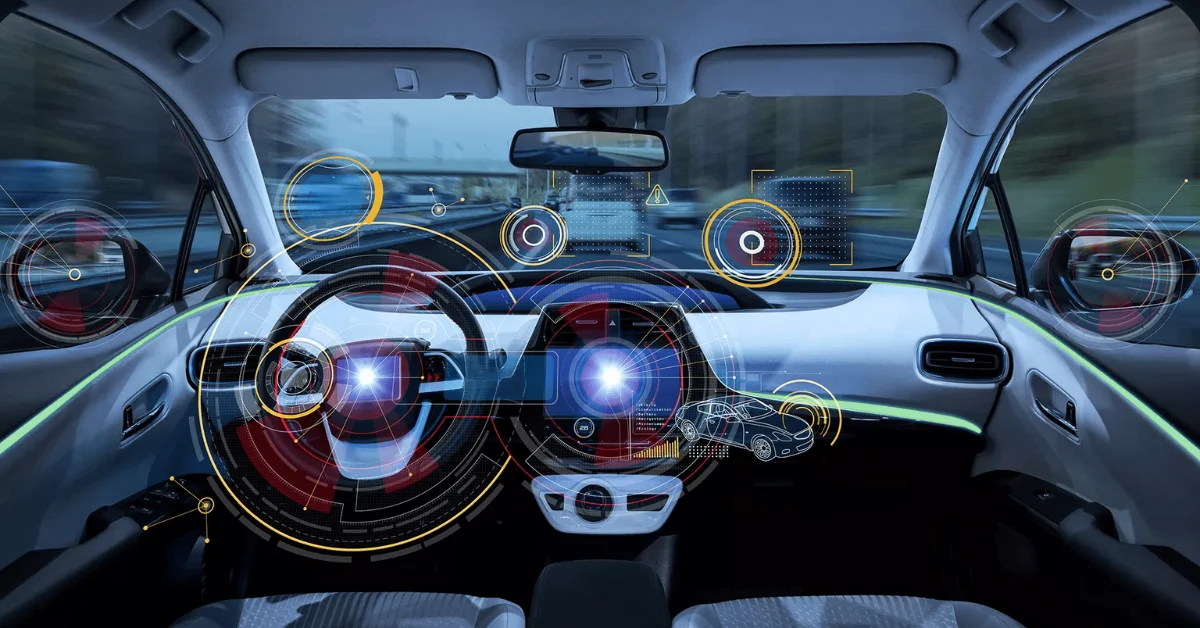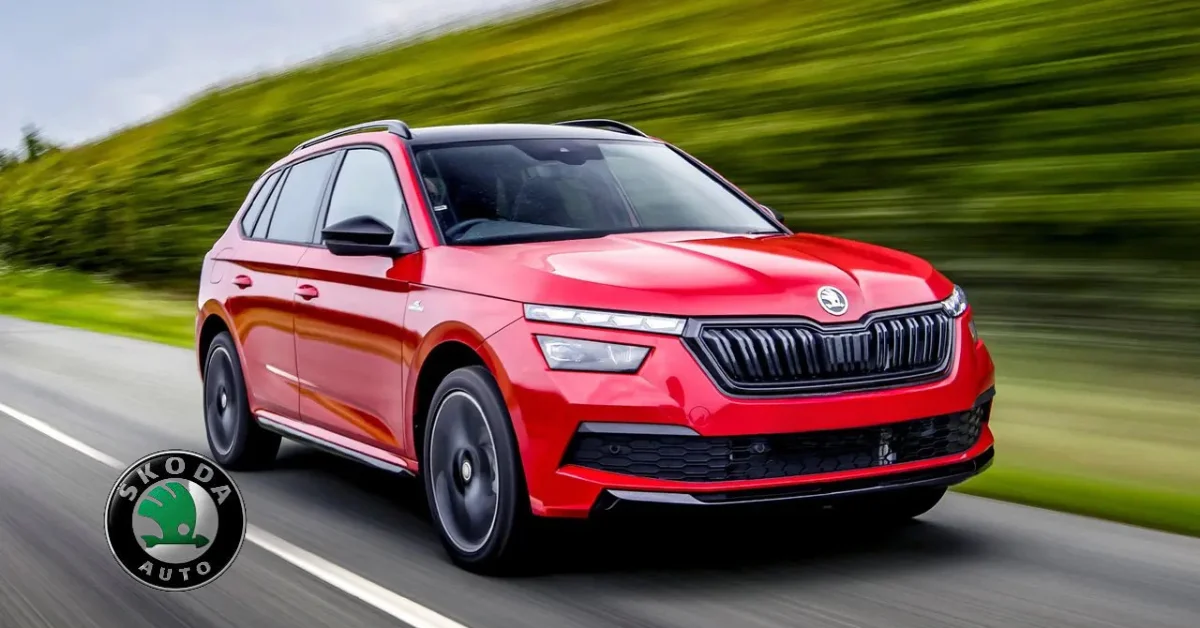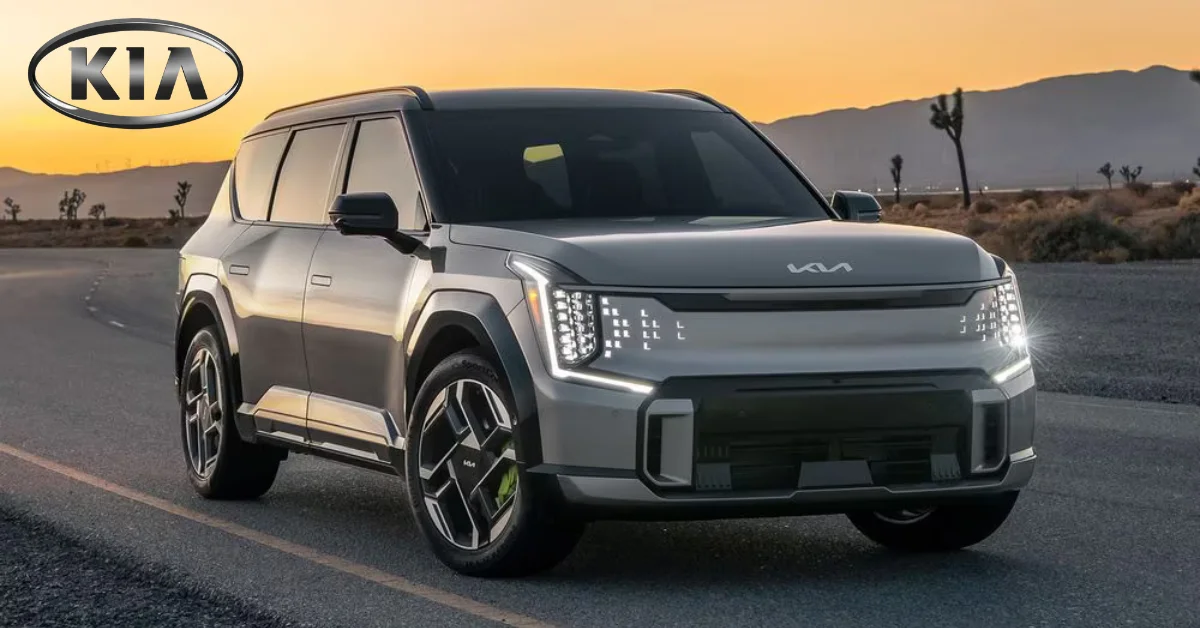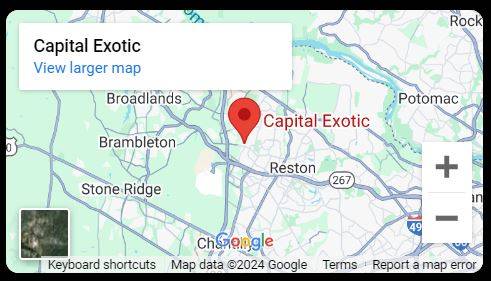Safety is the first priority in car rentals. You want to be sure that both your car and you are safe. Choosing a car rental with the best security features might be challenging, with plenty of options available in the market. Capital Exotic understands these concerns, and that’s why we are here to help you with any concerns you may have regarding theft or privacy. This blog outlines the top 12 security features to check for in a rental vehicle to ensure a stress-free and secure trip.
1. Airbags
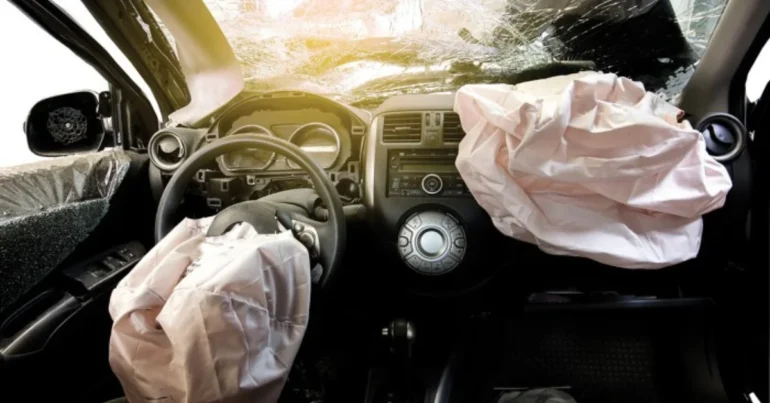
- What is it?
Airbags are cutting-edge safety features integrated into a car, including the dashboard, seats, sides, and steering wheel. In the event of a crash, they open up in milliseconds and expand to create a barrier between the passengers and the car. Airbags are designed for several sorts of accidents and are a must-have security feature in modern cars.
- Why is it important?
Airbags are essential to ensuring passenger safety in collisions because they lower the chance of head and upper body injuries. This is particularly true in frontal and side crashes, where the cushioning effect can lessen the energy applied to people inside. Airbags are very important in preventing serious injuries and fatalities. Ensuring a rental car has full airbag coverage is crucial, as it can save lives by protecting all occupants from severe accidents.
Pro Tip: At Capital Exotics, we make sure that every rental car we offer has these excellent security features. We provide everything you need, from GPS security to vehicle alarms. Rent a car today and enjoy a safe, secure driving experience.
2. Anti-lock Braking System (ABS)
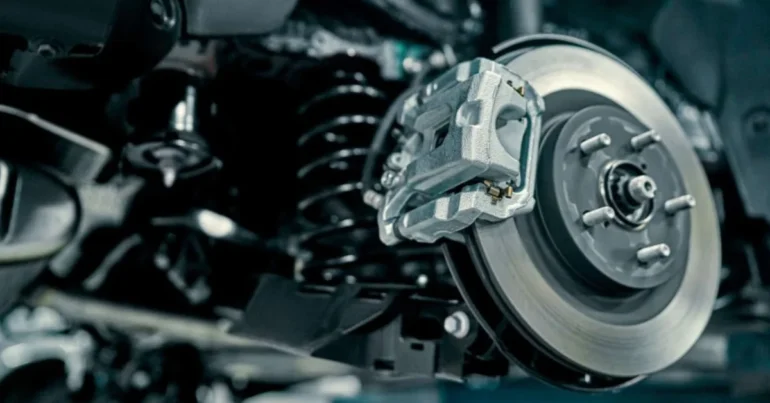
- What is it?
The car’s Anti-lock Braking System (ABS) is an essential safety component that keeps the wheels from locking up when braking suddenly. To maintain tractive contact with the road surface, ABS uses speed sensors on each wheel and a series of hydraulic valves to adjust the braking pressure dynamically.
- Why is it important?
By boosting control and stability during emergency braking, ABS helps drivers reduce stopping distances on dry and slick roads. It is beneficial in sudden braking to prevent sliding and maintain steering control. Since ABS significantly reduces the chance of accidents in difficult driving circumstances, it is a must-have for anybody renting a car.
3. Electronic Stability Control (ESC)
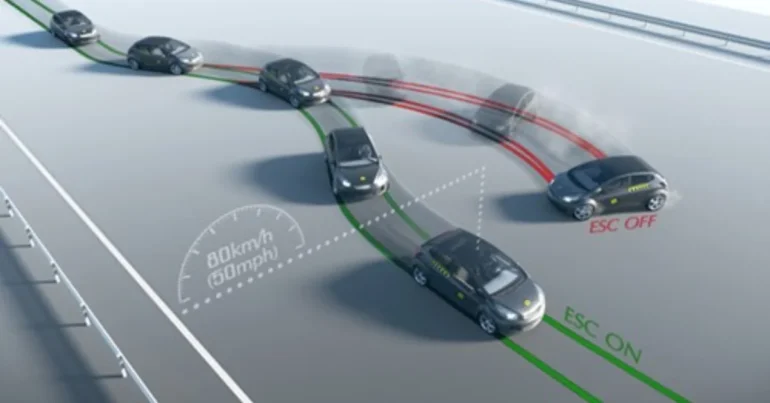
- What is it?
The state-of-the-art Electronic Stability Control (ESC) system minimizes and detects traction loss to increase a vehicle’s stability. In dynamic driving scenarios, where a skid is possible, the Electronic Stability Control (ESC) engages by automatically applying brakes to specific wheels. Additionally, if required, it decreases engine power to assist in guiding the car in the direction the driver intends.
- Why is it important?
ESC is particularly effective in preventing accidents involving loss of control, such as single-vehicle crashes and rollovers. It’s essential to control the car when making sudden turns or on slick roads. This function is essential for rental cars since it adds extra security for drivers who need to become more familiar with the vehicle’s handling features, particularly in bad weather.
4. Traction Control
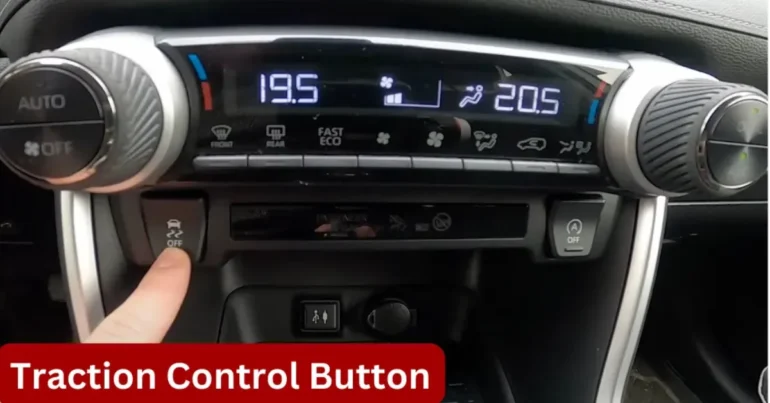
- What is it?
Traction control systems increase vehicle safety by stopping the wheels from rolling at high speeds. The system tracks each wheel’s speed and applies brakes or lowers engine power to those wheels that start to lose traction. This technology is frequently used with ESC and ABS to offer a full suite of stability-enhancing features.
- Why is it important?
Traction control is vital for maintaining control and stability when driving uneven or mixed roads, including loose gravel roads, rainy highways, or snowy roads. It ensures the car moves ahead smoothly and without wheel slip. It is especially crucial for drivers of unfamiliar rental cars who might not be familiar with how the car performs in different environments.
5. Adaptive Cruise Control
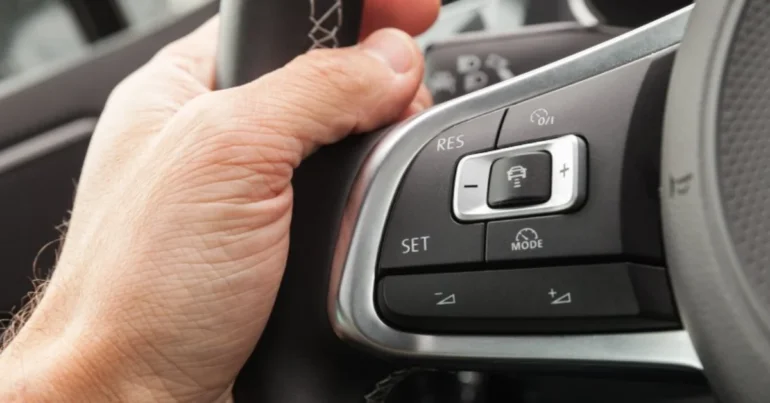
- What is it?
Adaptive cruise control (ACC) is an intelligent improvement on conventional cruise control systems. It automatically changes the car’s speed to keep a safe distance from the vehicle in front of it. Without the driver’s input, this technology may automatically slow down or speed up the car as needed, using radar or cameras to monitor the flow of traffic.
- Why is it important?
ACC is an essential security feature in car rentals for improving road safety and comfort since it dramatically lessens the driver’s burden on lengthy trips and in stop-and-go traffic. Rear-end crashes, which are frequent on highways, can be avoided. Adaptive cruise control is handy for renters on long road trips since it improves comfort and reduces the risk of accidents caused by tired drivers.
6. Lane Departure Warning Systems
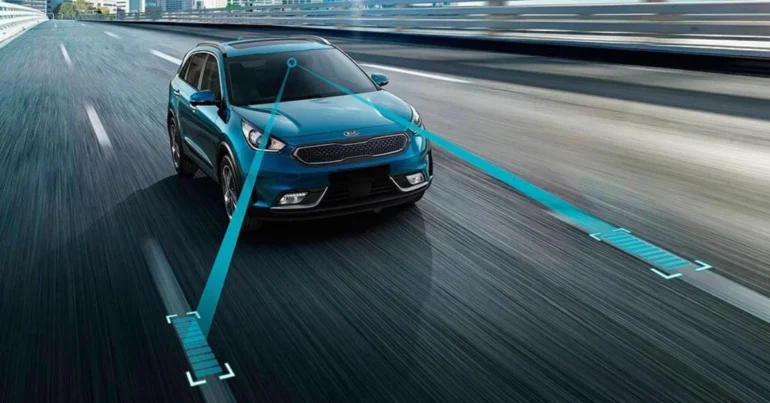
- What is it?
Lane departure warning systems assist drivers in staying in their designated lane. These systems utilize cameras to monitor lane boundaries and warn the driver—either visually or audibly—if the car starts to stray from its lane without a turn signal on.
- Why is it important?
This technology plays a critical role in minimizing accidents that result from fatigued drivers or unintentional lane drifting. It helps especially while driving a rental car because the driver may be traveling to an unknown place or may become more tired on longer journeys. These devices significantly improve road safety by instantly warning drivers when a drift is detected.
7. Blind Spot Detection
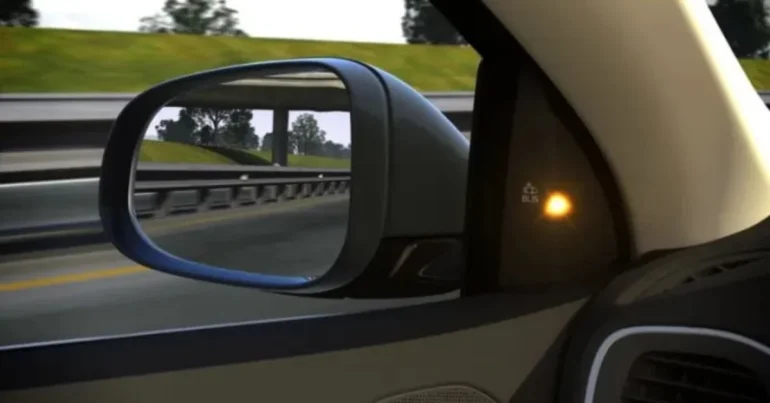
- What is it?
Blind Spot Detection systems use cameras and sensors to monitor parts of the road that are hidden from view in the side mirror or rearview. The technology improves visibility by warning the driver when a car approaches the blind area through visual cues on the mirrors or an audible alarm.
- Why is it important?
One of the most frequent causes of crashes on the road is lane changes, so this function is essential for reducing accidents at those times. Blind spot detection can be vital for renting car drivers who might not be as familiar with the vehicle’s visual limits when driving safely on busy highways and multi-lane roads.
8. Rearview Camera
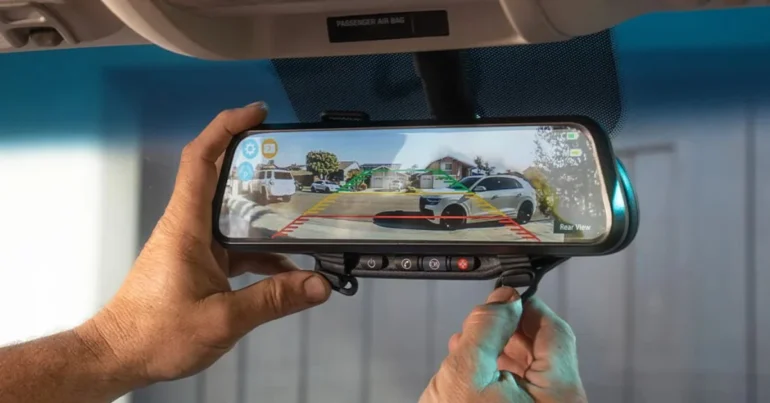
- What is it?
A rearview camera provides a video feed of the area behind the car, typically displayed on the dashboard screen. This camera offers a great view of the area behind the car and is immediately activated when the vehicle reverses.
- Why is it important?
Rearview cameras improve vision, especially while reversing close to low-visibility regions or congested parking lots. Hence, they reduce the chance of back-over incidents. A rearview camera might also be essential for safe handling for rental car drivers since they may not be familiar with the dimensions and blind areas of their temporary vehicle.
Related Article: Exotic Car Theft Risks and Its Safety Features
9. Automatic Emergency Braking (AEB)
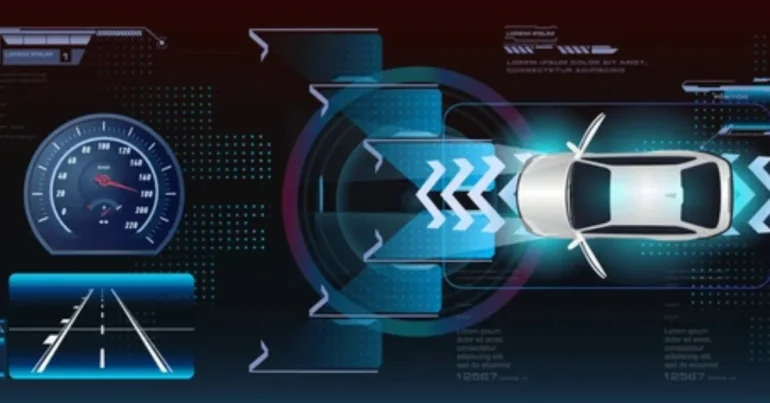
- What is it?
The proactive safety feature known as Automatic Emergency Braking (AEB) uses sensors to identify possible crashes before they occur. If it senses an impending collision and the driver does not react in a timely manner, the technology will automatically apply the brakes to prevent or lessen an accident.
- Why is it important?
AEB is a critical feature that is a last line of defense against frontal collisions. This is especially crucial for rental automobiles since drivers may become distracted by unfamiliar locations or navigation systems. Enabling AEB may significantly lessen the severity of collisions or avoid them entirely, giving rental companies and their clients peace of mind.
10. Tire Pressure Monitoring Systems (TPMS)
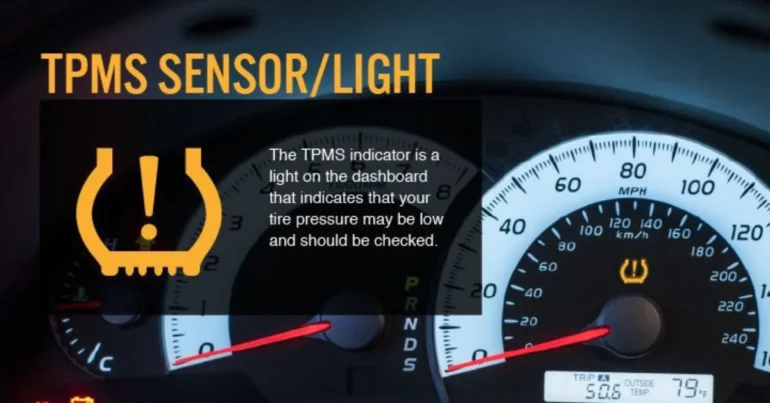
- What is it?
Tire Pressure Monitoring Systems (TPMS) track the air pressure in pneumatic tires and notify the driver via dashboard indicators if the pressure drops below the set point. This mechanism ensures that every tire is filled to the proper pressure for safety and best performance.
- Why is it important?
Proper tire inflation is critical for safe handling, optimal tire wear, and fuel economy. When it comes to rental cars, TPMS is especially helpful since it ensures that drivers are promptly informed of any problems with their tires that might result in unsafe driving conditions or tire failure, thereby improving road safety for everyone.
11. Daytime Running Lights
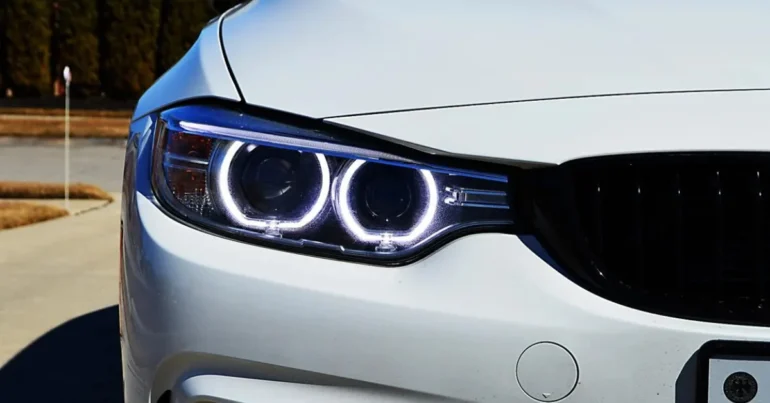
- What is it?
Daytime Running Lights (DRLs) are lights on the front of the car that turn on automatically when moving. Their purpose is to increase a car’s visibility throughout the day so that other drivers notice them more.
- Why is it important?
It has been proven that DRLs lower the rates of multiple-vehicle crashes during the day. They are accommodating when visibility could be weakened, including in the rain or places with many shadows. DRLs may be a crucial safety feature for rental automobiles, as drivers may navigate various areas and weather situations.
12. Advanced Headlights
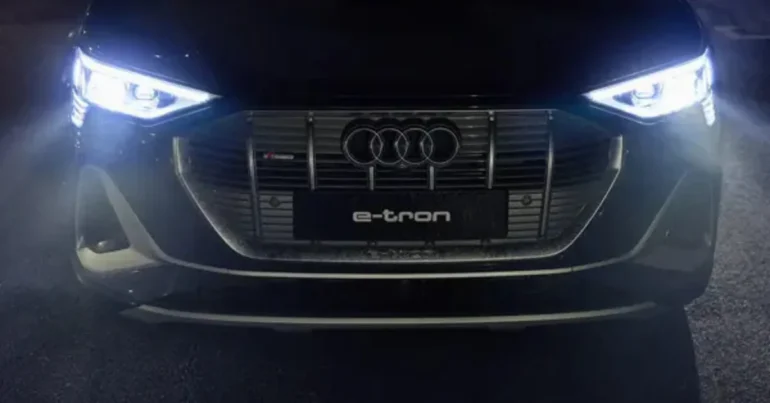
- What is it?
Modern headlights, such as automated high beams and adaptive headlights, change their direction and intensity in response to the speed, steering angle, and presence of other traffic. This technology ensures that visibility is at its best by better lighting the road in a variety of driving situations.
- Why is it important?
Increased visibility during inclement weather or at night considerably lowers the chance of accidents. For example, adaptive headlights can change direction to illuminate turns and curves that regular headlights could miss. This function is particularly crucial for rental cars since it makes it safer for drivers to drive at night on unknown routes.
Final Words – Security Features in Rental Cars
Safety is essential in car rentals. Your journey might be less stressful if you know that your rental has security features like security cameras and an Automatic Emergency Braking system. Before renting, spend some time inquiring about these security features. You’ll be tension-free when driving if you have a secured rental car. Rent a car that will protect you with confidence.
FAQs
1. What Is The Most Critical Security Feature Of A Rental Car?
Airbags are the most critical security feature as they protect drivers from severe crash injuries.
2. Why Is Abs Necessary For Car Rentals?
ABS helps maintain control during sudden braking. It reduces the risk of slipping and improving safety.
3. How Does Esc Help Rental Car Drivers?
ESC improves vehicle stability. It prevents skids and rollovers on slippery roads.
4. Why Should Rental Cars Have Blind Spot Detection?
It alerts drivers to hidden vehicles, preventing lane-change crashes.
5. What Does Aeb Do In An Emergency?
AEB automatically applies brakes to avoid or reduce the impact of a frontal collision.
6. Why Is Tpms Important In Rental Cars?
TPMS monitors tire pressure, ensuring safe driving conditions and preventing tire failure.
7. How Do Rearview Cameras Improve Safety?
They enhance visibility when reversing, reducing the risk of back-over accidents.

